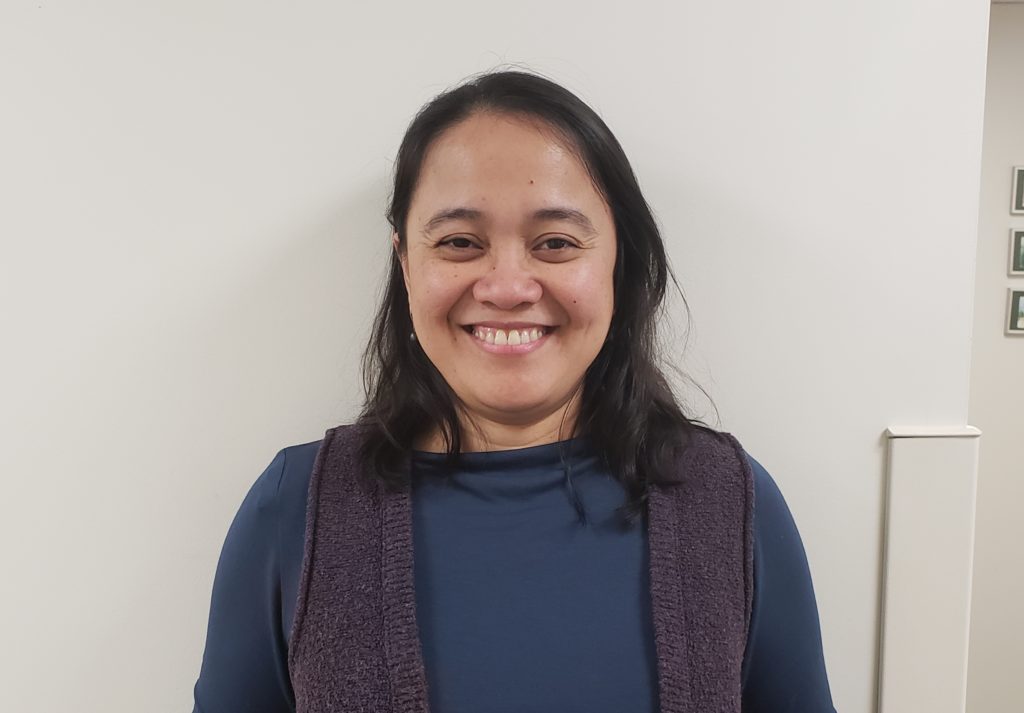
Lymphedema is a chronic, progressive abnormal accumulation of fluid in the subcutaneous (below the skin) tissue resulting from inadequate transport capacity of the lymphatic system that leads to disfigurement of one or more body part(s) involved. It can affect the limbs, the trunk, the genitalia, and the head and neck. Edema is the more acute swelling of any body part caused by so many factors. Edema of more than 3 months’ duration is termed chronic edema.
All chronic edema is lymphedema as by this time, cumulative damage to the lymphatic system may have transpired which would be responsible for the various signs of volume changes, range of motion deficits, strength impairments, abnormal cutaneous alterations as well as for the symptoms of heaviness, pain/discomfort, and tightness in the body part(s) involved that pose varying levels of functional mobility limitations, increase risk for infection, and cause quality of life to deteriorate.
 Adapted from Avis Hospital Images
Adapted from Avis Hospital Images
 Adapted from The Vein Institute @ SSA
Adapted from The Vein Institute @ SSA
The lymphatic system is primarily responsible for the body’s immune function. It also plays a major role in the body’ fluid balance. In the past decade, with the revision of the Starling principle, now known as the Michel-Weinbaum Glycocalyx Model or the Revised Starling Hypothesis for Microvascular Fluid Exchange, the lymphatic capillaries (not just the venous capillaries) have been found to subsequently reabsorb up to 100% of the fluid and proteins from the interstitial space (space outside of the cells) before it is transported back to the right side of the heart via the four lymphovenous valves located in the junction of the internal and external jugular vein with the subclavian vein.
Therefore, any affectation to this system can cause interstitial fluid overload, damaged lymph flow, reactive inflammation and fibrosis, and connective tissue derangements that give lymphedema its characteristic signs/symptoms.

According to the World health Organization and to some European studies made in the last ten years, there are an estimated 250 million worldwide living with lymphedema of which 10 million Americans are afflicted, which is more than HIV, ALS, Parkinson’s Disease, Multiple Sclerosis, and ALS combined. Currently, there is only one certified lymphedema therapist available for every 1,000 Americans struggling with this disease, increasing burden of care. 30% of cancer survivors have lymphedema. American veterans suffering from trauma, injuries, infection, and those with burn pit exposure are at risk for lymphedema.
Lymphedema staging is based on its manifestations. In Stage O/subclinical stage, the lymph system is injured but still works well enough to manage the flow of lymph. There is no swelling but you may have early signs of numbness, tingling or fullness.
In Stage I, swelling is mildly visible as the lymph fluid begins to accumulate, characterized by pitting edema. Patient can test for pitting edema by pressing a finger firmly against the skin for a few seconds and a dent or pit is left behind on the skin. There is no swelling in the morning, but it comes back and worsens as the day goes on. Swelling typically goes away when the body part is elevated for a while.
Stage II lymphedema has a swelling that does not get better on its own without physical therapy. The tissues become fibrotic where it gets hard and thicken from scar tissue formation. The patient is at higher risk for skin problems, including cellulitis.
Stage III lymphedema makes the arm or leg engorged and movement of the limb is difficult. The skin may get very hard and scaly. Lymph fluid may leak from breaks in the skin (lymphorrea). There is a higher risk for recurrent infections and other medical problems related to lymphedema.
Adapted from More Than Fat, A Story of Lipedema site
COMPLETE DECONGESTIVE THERAPY at DAN WYAND, PT and ASSOCIATES
Currently, there is no cure for lymphedema but a program called complete decongestive therapy or complex decongestive therapy provided by a certified lymphedema therapist trained with at least 135 hours of in-person/hands on training along with a 90-hour online theoretical framework exposure can help you with symptom amelioration and mitigation. This program consists of manual lymphatic drainage, multi-layer short-stretch bandaging, proper skin care, lymphedema remedial exercises, and patient education/training during the reductive phase/Phase I in the lymphedema clinic followed by maintenance phase/Phase II at home.
Lymphedema therapists work with patients and DME provider to procure needed durable medical equipment consisting of appropriately-fitting compression garments and pneumatic compression devices that can assist with the success of the maintenance phase at home.
At Dan Wyand, PT and Associates, with referral from your oncologist or your primary care provider, we ensure that these services and treatment program are provided to you. If you or anybody you know have swelling, both acute and chronic, ask your doctor about lymphedema to ensure that needed treatment options are offered to you.
Jacqueline E. Abella, PT, DPT, CLT
Jackie trained to be a certified lymphedema therapist at the Memorial Sloan-Kettering Cancer Center in Manhattan, NY through the Norton School of Lymphatic Therapy and has helped so many individuals in Vermont and New Hampshire struggling with their lymphedema and swelling since 2011. She provides complete decongestive therapy at the Northeastern Vermont Regional Hospital medical/surgical unit with appointments made through the St Johnsbury Dan Wyand, PT and Associates clinic.
Jackie joined the team in 2018 to be the main inpatient physical therapist at NVRH after working in community-based rehabilitation, hospital inpatient, hospital outpatient, and pro-bono physical therapy settings in the Philippines for over 10 years and after working in various skilled nursing facilities in Vermont towns of St Johnsbury, Lyndonville, Newport, Greensboro, Windsor, and Springfield as well as in the home health setting.
She graduated from Silliman University in her home country of the Philippines in March of 1998 with a Bachelor of Science in Physical Therapy degree and is committed to working with individuals in fostering achievement of their highest mobility. Jackie earned her doctorate degree in Physical Therapy from Arcadia University in Glenside, PA in 2017.
She loves to spend time with her family mountain biking, kayaking, hiking, and participating in walks for a cause.
References upon request


